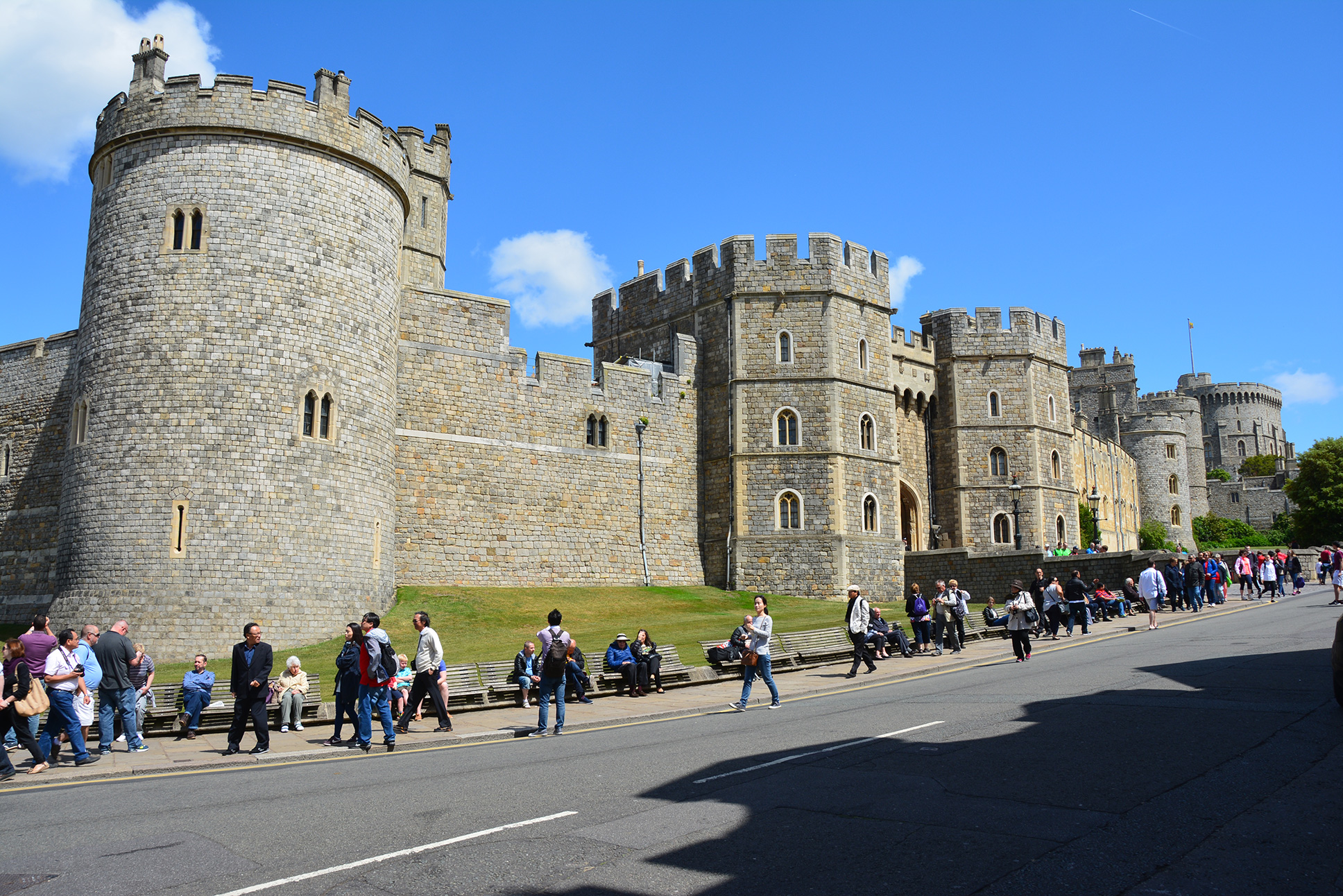Guy de Montfort - Count of Nola
Guy de Montfort was a Nobleman, soldier, and was notorious for killing his cousin, which led to his excommunication and literary infamy. Guy was born in England in 1244 and was the fourth son of Simon de Montfort, 6th Earl of Leicester, and Eleanor of England. His mother, Eleanor, was the daughter of King John.

On May 14th, 1264, Guy de Montfort and his brother Henry de Montfort led the vanguard at the Battle of Lewes, which was won by the barons, effectively making his father, Simon de Montfort, de facto King of England, as King Henry III and Prince Edward were taken prisoner at Lewes.
In August of 1265, he fought with his father, Simon de Montfort, and his brother, Henry de Montfort, at the Battle of Evesham against his uncle, King Henry III, and cousin, Prince Edward. Both his father and brother were killed during the battle. Guy de Montfort was seriously wounded and taken prisoner.
Guy was held prisoner at Windsor Castle until the spring of 1266, when he escaped after bribing his jailers. He then headed to France to rejoin his exiled family. Guy and his older brother, Simon de Montfort the Younger, wandered around Europe for several years before making it to Italy.
Guy de Montfort took service with Charles of Anjou, who appointed him his Vicar-General in Tuscany. There, he married an Italian Noblewoman, Margherita Aldobrandesca, the Lady of Sovana. They would have two daughters, Anastasia and Tomasina.
In August of 1268, Guy fought with Charles of Anjou against Conradin of Hohenstaufen at the Battle of Tagliacozzo, where he distinguished himself in battle. Charles rewarded him by giving him the town of Nola in Campania, Italy, making him Count of Nola.

In 1271, Guy and his brother, Simon the Younger, discovered that Henry of Almain, their cousin, son of Richard of Cornwall and cousin of King Henry III, was attending mass at the church of San Silvestro, Viterbo. Out of revenge for the deaths of their father, Simon de Montfort, and brothers at Evesham, Guy and Simon murdered Henry of Almain as he clutched the altar, begging for mercy. Guy replied, "You had no mercy for my father and brothers". The murder occurred in the presence of Cardinals who were conducting a papal conclave. For the crime of murder, Guy and Simon were excommunicated.
The news of the murder reached England, and King Henry III dispatched a clerk to inform the northern counties and Scotland about the excommunication.
On November 29th, 1273, Pope Gregory X wrote to King Edward I from Lyon, that Cardinal Riccardo Annibaldi and Cardinal Giovanni Orsini were in Rome and had been ordered to find a secure prison to hold Guy de Montfort. Guy's brother, Simon the Younger, died later that year in Sienna.
Guy was stripped of his titles and again took service with Charles of Anjou. In 1287, Guy was captured at the Battle of the Counts of the coast of Sicily by the Aragonese. In 1291, he died in a Sicilian prison in Siena, Tuscany, Italy.
Guy de Montfort was immortalized for his brutal murder of Henry of Almain in Dante Alighieri's poem La Divina Commedia (The Divine Comedy), who banishes Guy to the river of boiling blood in the seventh circle of his Inferno (Hell), symbolizing Guy's violent and bloody nature.
